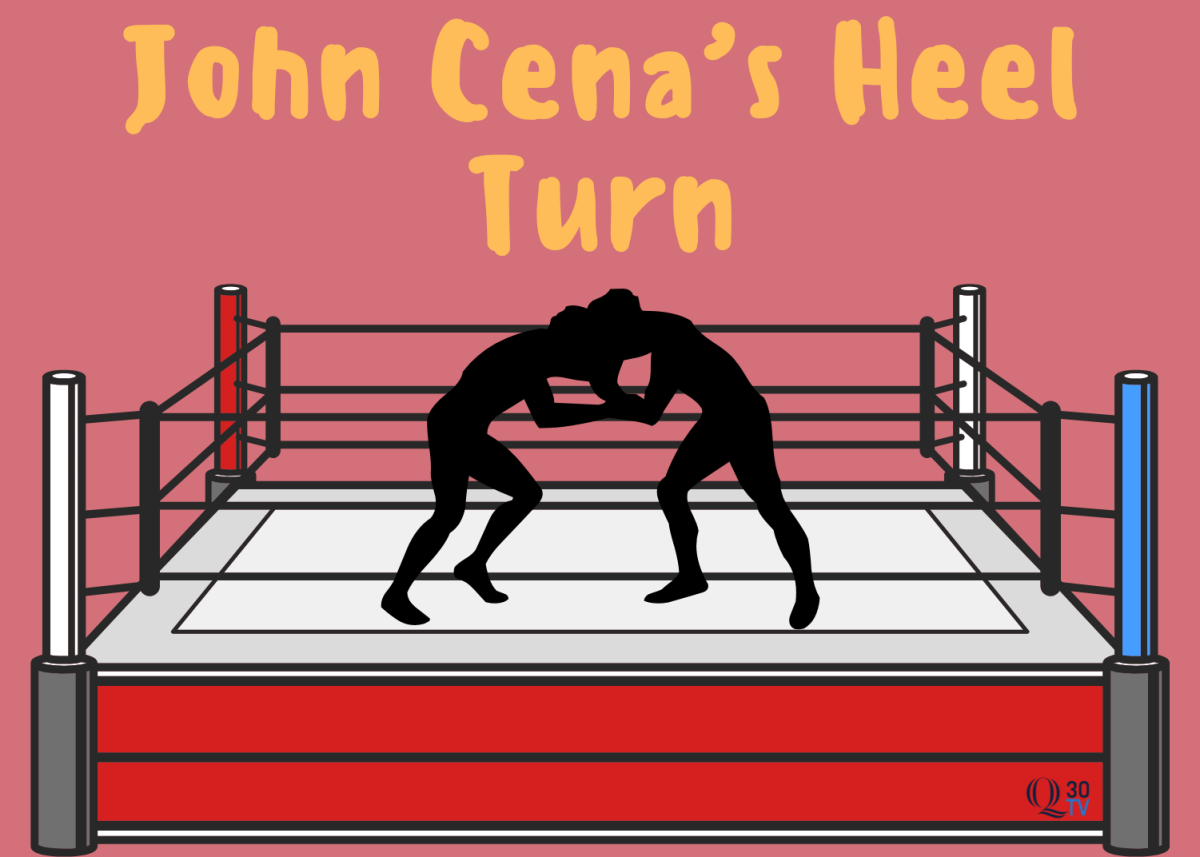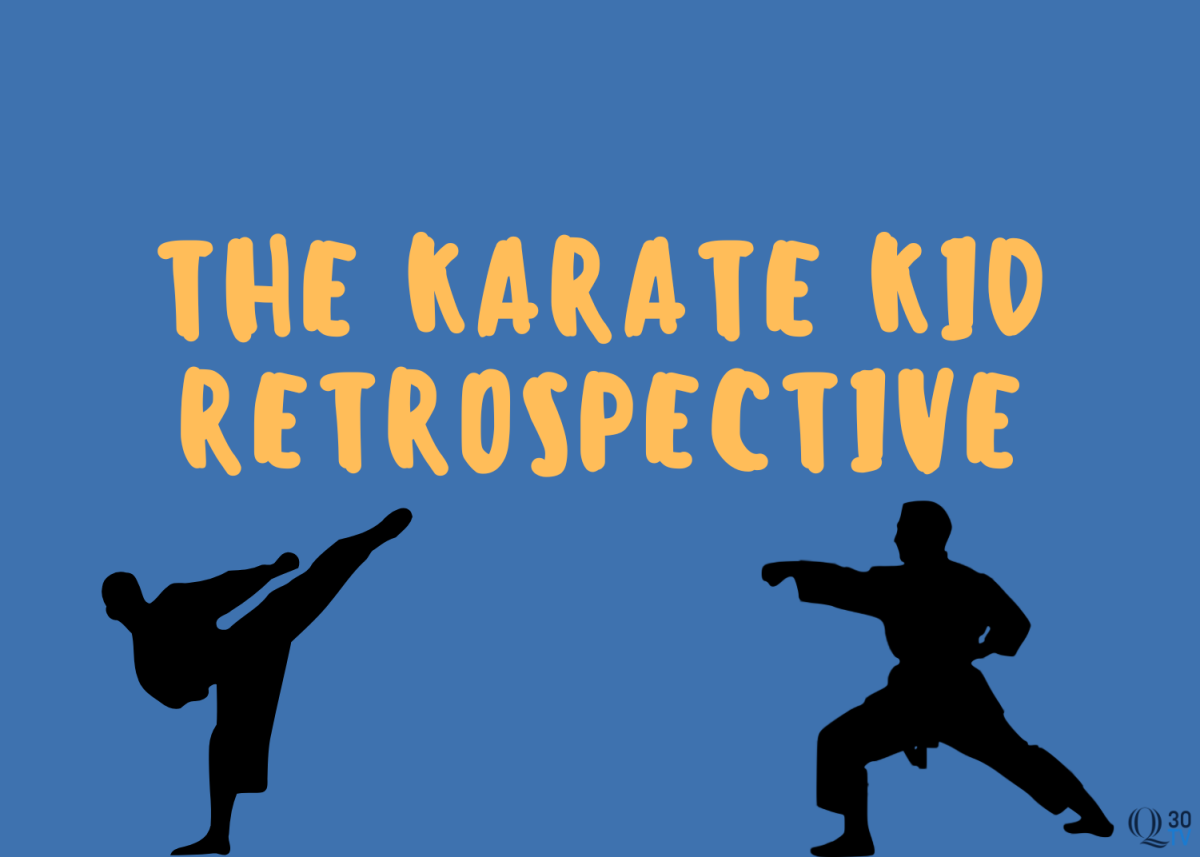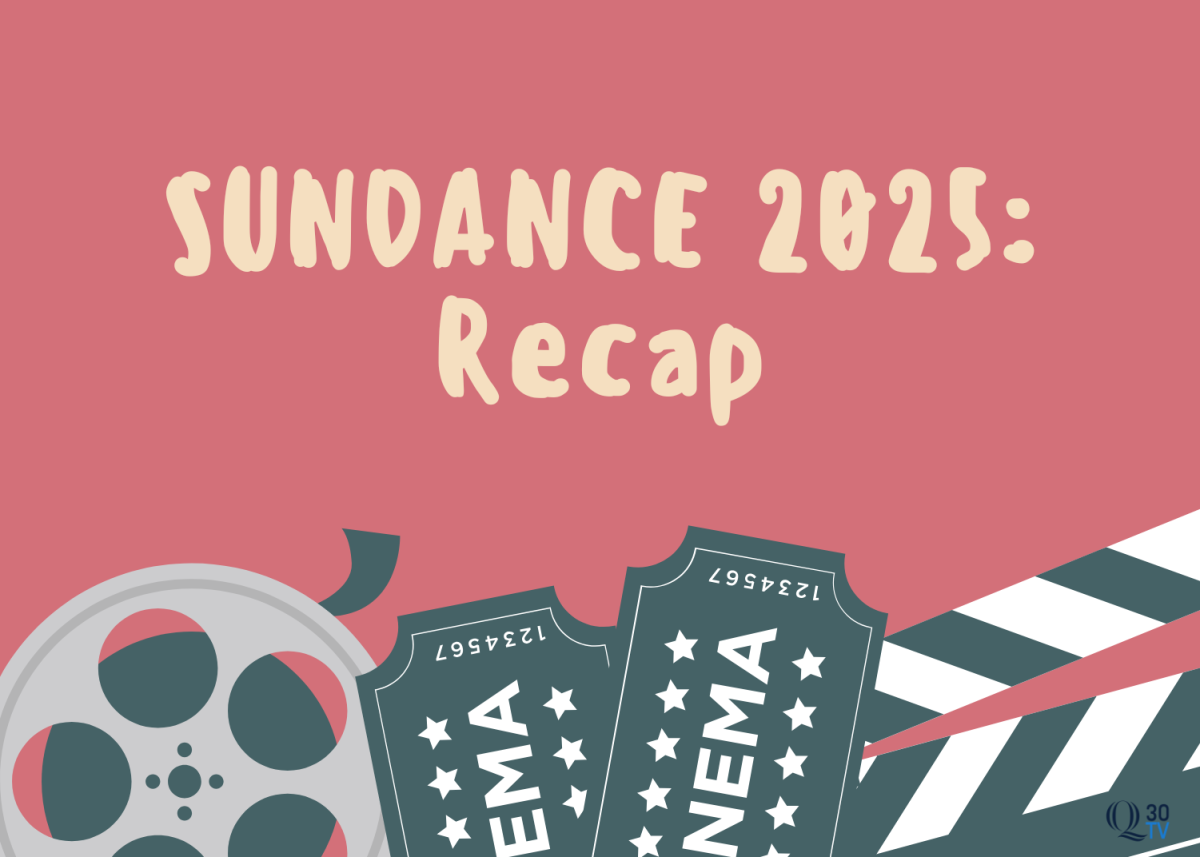“Dune”: A Masterclass in Sci-Fi Filmmaking
October 27, 2021
Rating: 5/5
By Will Teare
“Unadaptable.” That is the word that has been attributed to Frank Herbert’s seminal sci-fi odyssey, Dune, countless times since its publication in 1965. Since then, countless failed productions, 2 sloppy early 2000’s SyFy shows, and a comically terrible 1984 film by legendary filmmaker David Lynch. Now, if David Lynch, widely considered one of the greatest filmmakers to ever hold a camera couldn’t rein in the wild sandworm that is Dune, then no one can. The original text is filled with rich lore that is nearly impossible to fit into a visual medium in a cohesive way. It tackles too many themes to shove into only one movie. Enter French-Canadian director Denis Villeneuve.
Denis Villeneuve came into Dune coming straight out of critically acclaimed films such as Enemy, Prisoners, and Sicario. He then tackled blockbuster sci-fi movies like box office hit, Arrival. He was even able to make Blade Runner 2049, which met middling box office returns but an incredible critical reception. According to the fans of Blade Runner, he even managed to top the original source material. So a challenge in adapting complicated material is something Villeneuve is certainly familiar with.
Dune is finally being released to the public with day-and-date streaming on HBO MAX and theaters internationally. It is a technical masterpiece from start to finish. The audio work on it is transcendental, comparable only to the audio found in Star Wars. The sound design perfectly matches the architecture and ship design that clearly take after brutalist architecture that creates the feeling of it being perfectly timeless and futuristic. The modern audience knows the difference between CGI and the real thing and what looks tacky and what doesn’t. But in Dune, they complement each other flawlessly. Not once could someone question the look of a 400-meter sandworm roaming through the Sahara desert. The scale of both the sets and the CGI is massive, almost as big as the vastness of the Arrakis desert waste shown in the film. I have to compare it to David Lean’s masterpiece Lawrence of Arabia in that sense. I cannot be more adamant that all that MUST be experienced with a full sound system and the largest screen available. The clear, best way to watch it is go to the theaters and to get the full experience of Dune.
The cast is just as good as the technical aspects. It boasts a massive list of entirely A-listers. The standouts are Timmotheé Chalamet as our protagonist, Paul Atreides, Oscar Isaac as his father, Duke Leto Atreides, and Rebecca Fergeson as his mother, Lady Jessica. Chalamet is the perfect Paul as if lifted directly from the text. He has the look of the slight naivete found in someone at the end of their teenage years but an inherent intelligence and intensity to him, and plays Paul masterfully as such. Oscar Isacc pulls off the look of an aging, benevolent King with a certain world-weariness and at times desperate need to be greater with the grace only the Duke of House Atreides would have. Rebecca Fergeson as The Lady Jessica is easily the most complex character in Dune. She has to be a mother, a Queen, a spiritual guide, a wife, a leader, and a refugee. Fergeson has to play Lady Jessica as someone who is as skilled in charming house guests as she can wield a Chrysknife. Fergeson manages to do all those things along with giving Jessica a fragility amidst her strength, a trait not even present in the book.
Speaking of things not found in the book, how faithful is it to the book? This is very much DUNE: PART ONE, as expressed in the film’s opening credits, as you simply couldn’t do one good Dune adaptation in under 3 hours. Part 2 will be announced pending Warner Brothers’ Mentat calculations on the film’s box office returns and HBO MAX views and new subscribers. Villeneuve still manages this little story and character choices that were perfect additions to the material to give a largely intelligent but slightly heartless story the heart it needs to ground a modern moviegoing audience. Still, there are plenty of things that are lifted directly from the text, many do a lot better than author Frank Herbert wrote. So, Denis Villeneuve’s Dune is half of a full story and it feels like it. It ends quite abruptly accompanied with the line “This is only the beginning.” A line as much directed at Paul as it is at the audience. That decision of not having a full story in one movie has its critics, but Dune: Part One isn’t about the ending, it’s about the journey. This film cements Villeneuve as one of the most exciting new filmmakers in the 21st century. Much like Paul Atreides, we are witnessing a legend in the making. Rating: 5/5







